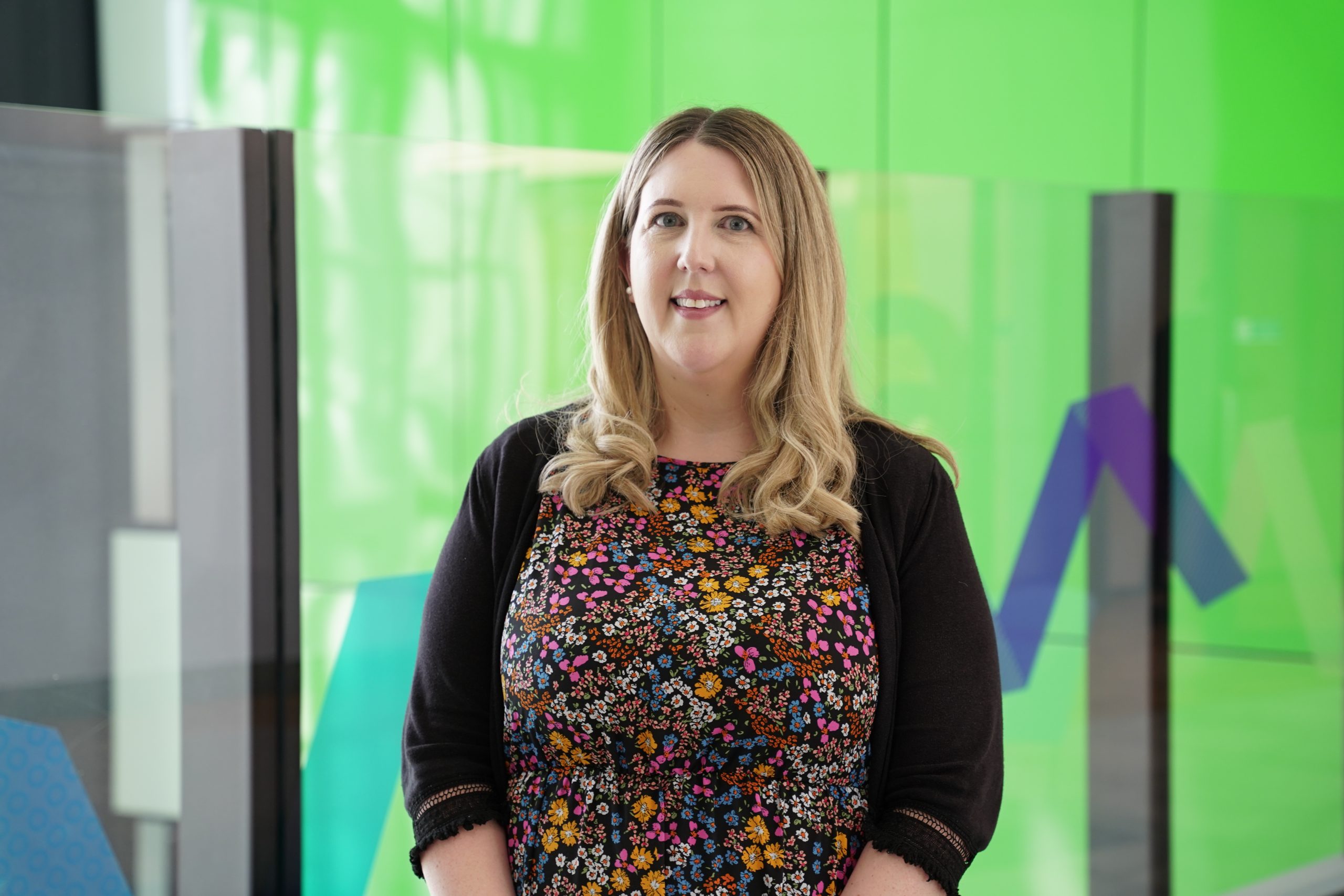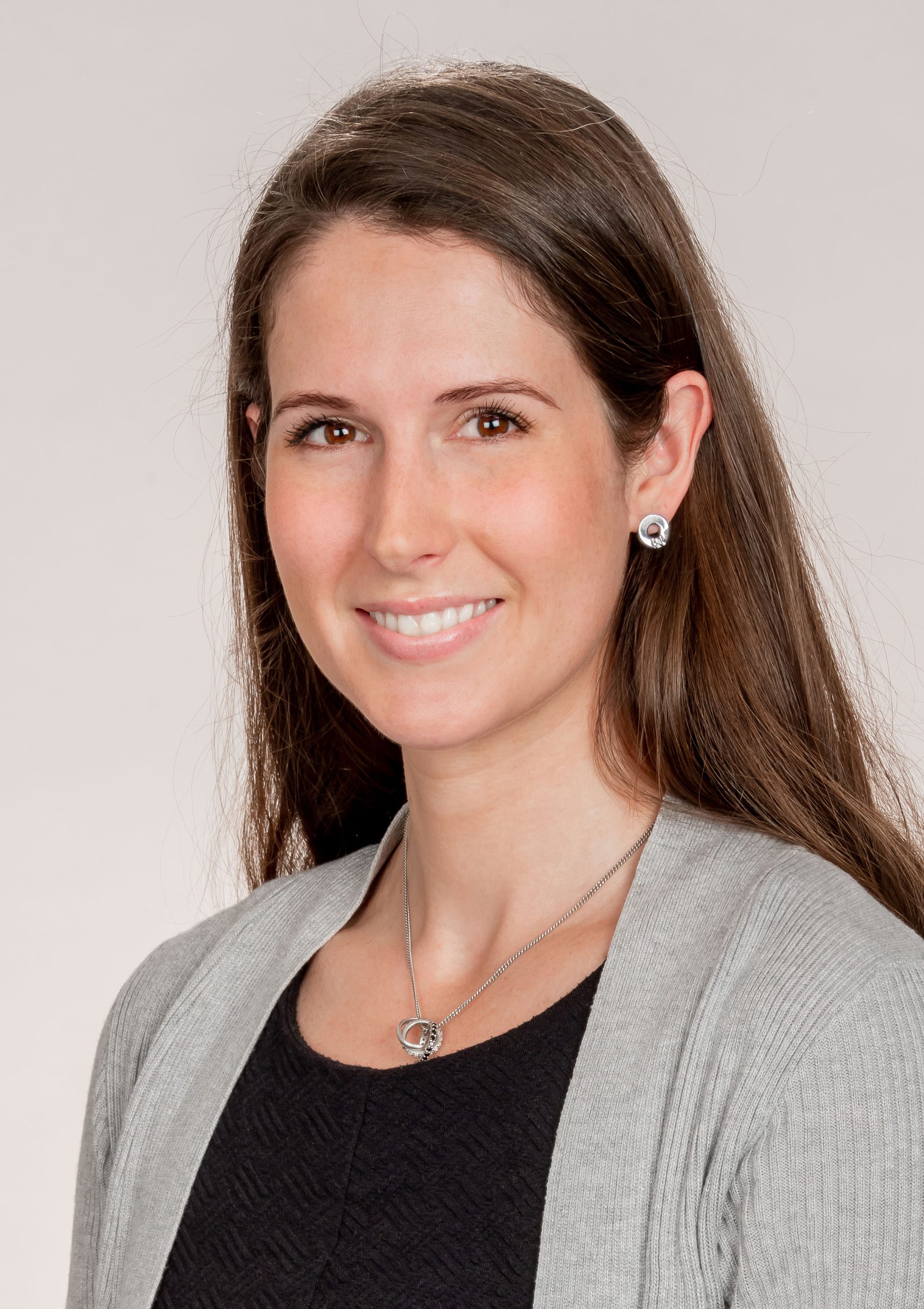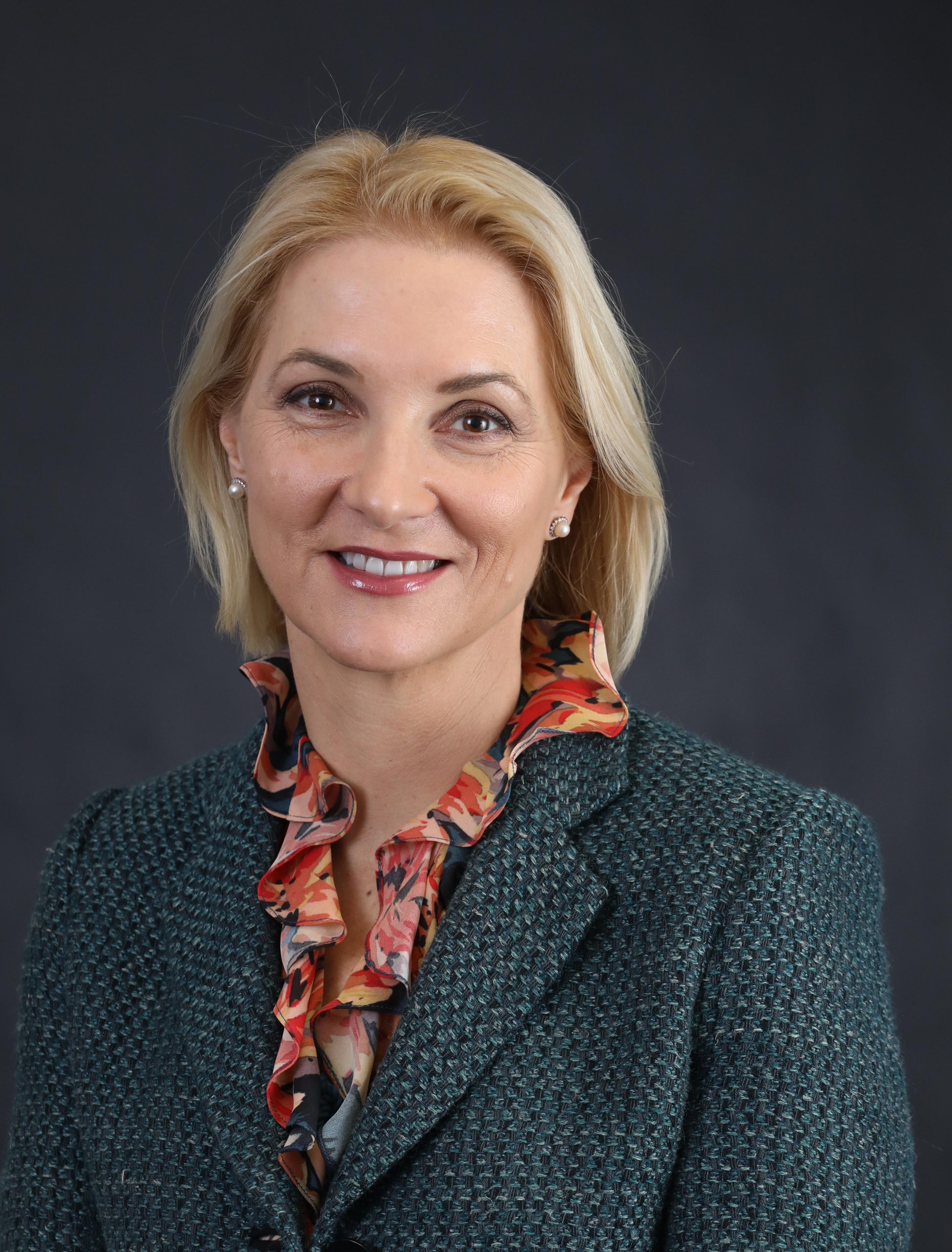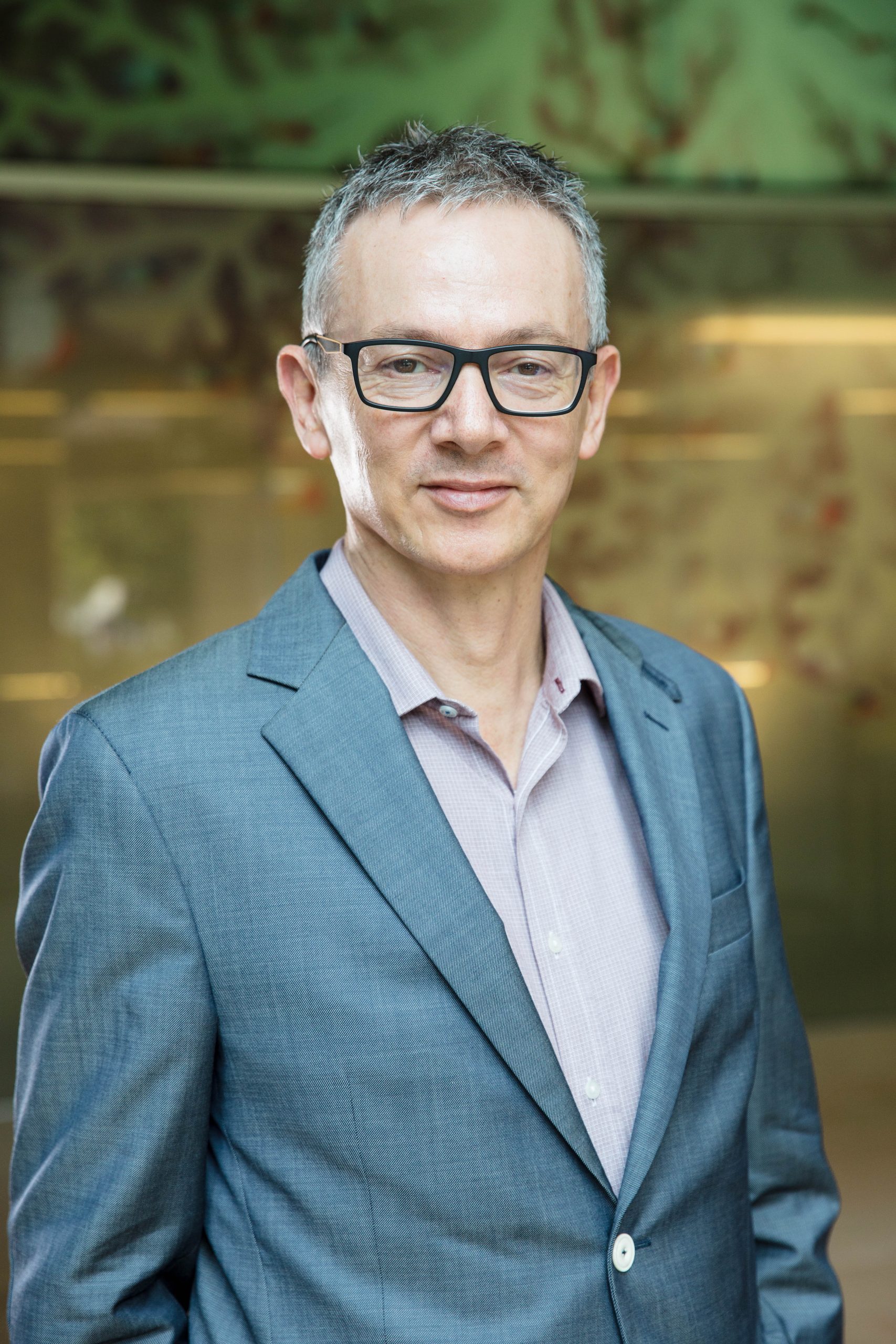Introducing our 2023 finalists: Mrs Catherine Hughes
Australia’s health advocates help transform medical research into tangible outcomes for patients and their communities. The Advocacy Award was created to celebrate the dedication and contributions of our most passionate health and medical research advocates.
Among this year’s finalists in this important category is Catherine Hughes, Director of the Immunisation Foundation of Australia (IFA), who has demonstrated tireless commitment to improving immunisation rates and community support for infectious diseases research.
FINDING STRENGTH IN THE STRUGGLE
Catherine’s health advocacy journey started when she lost her four-week-old son Riley to whooping cough in 2015. Determined to prevent other families from suffering because of vaccine-preventable diseases, Catherine and her husband Greg launched the ‘Light for Riley’ campaign.
The award-winning campaign took Catherine across Australia, spreading awareness about whooping cough and the importance of pertussis vaccination during pregnancy. Since the campaign, every Australian state and territory have implemented free pertussis vaccinations for pregnant women and Australia has some of the world’s highest pertussis vaccination rates among pregnant people.
CONNECTING COMMUNITIES AND SCIENTISTS
In 2017, Catherine established the Immunisation Foundation of Australia (IFA) and expanded her advocacy to other vaccine-preventable diseases including influenza, RSV, meningococcal and pneumococcal.
As IFA Director, Catherine works closely with research institutes such as the Telethon Kids Institute to create evidence-based awareness campaigns and educational resources. Catherine has also been a consumer investigator on multiple research projects, using her strengths in community engagement to help bridge the gap between scientists and the wider community.
In recognition of her efforts, Catherine was named Western Australia’s Young Australian of the Year in 2016 and appointed a Member of the Order of Australia for services to immunisation in 2022.
Professor Jonathan Rhys Carapetis AM, FAA, FAHMS from the Telethon Kids Institute, who nominated Catherine, stressed the importance of vaccine advocacy in continuing to improve Australia’s public health outcomes.
“With vaccine hesitancy on the rise, being a loud advocate for vaccines can be challenging, and sometimes even dangerous. Yet, Catherine remains steadfast in her commitment to the cause and ensuring that communities are included in immunisation research and delivery,” explains Professor Carapetis.
“Catherine’s ability to connect with communities and deliver the pro-vaccination message with compassion and clarity is exactly the sort of advocacy we need to ensure the future success of immunisation in Australia.”
Catherine said: “I’m honoured to be a finalist in these prestigious Awards, along with other outstanding advocates for health and medical research. Our hope is that Australians from all walks of life will take action to remain up to date with whooping cough vaccination. We all have a role to play to spread this vital message and prevent the loss of loved ones like Riley.”
The winners of Research Australia’s Health and Medical Research Awards will be announced at a gala award ceremony in Sydney on November 2.








